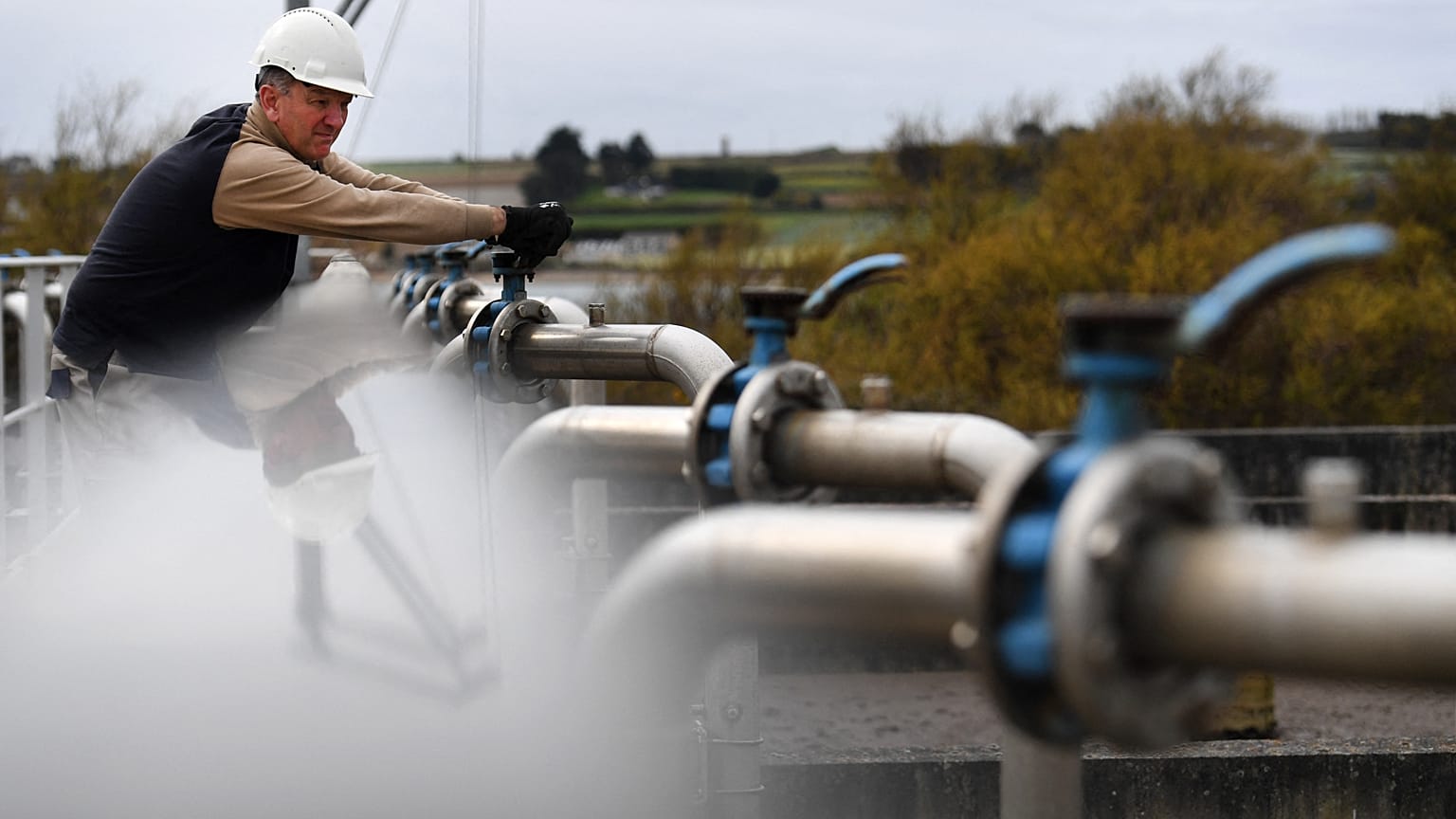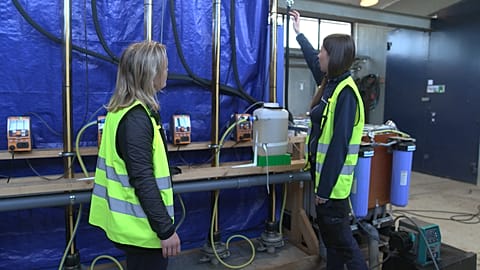EU environmental ministers have agreed that pharmaceutical and cosmetics companies should pay to cover costs of removing micro-pollutants from wastewater as the EU Council agreed an opening negotiating stance over an update to the bloc's 1991 Urban Waste Water Treatment Directive.
The approach adopted by ministers in Luxembourg on Monday (16 October) will form the basis for negotiations with the European Parliament (EP) as the EU looks to an agreed update to the directive designed to grapple with increased pollution levels and make use of improved technology in the field.
 ADVERTISEMENT
ADVERTISEMENT
 ADVERTISEMENT
ADVERTISEMENT
The opening stance of the EU Council reflects the European Commission’s original proposal and represents a stronger stance on ‘polluter pays’ than that adopted by EP lawmakers. The original text proposed by the European Commission in October last year addressed additional costs arising from monitoring and advanced equipment required to remove micro-pollutants from urban wastewater in treatment plants.
The Commission identified pharmaceutical and cosmetic residues as the main sources of micro-pollutants currently found in wastewater and called for so called extended producer responsibility (EPR) for these two product groups, shifting the costs of removing the pollutants to producers.
European Parliament seeking national contributions diluting ‘polluter pays’ principle
However, MEPs suggested tempering the producer responsibility proposed in the Commission text in a report on the proposed directive update adopted by the parliament on 5 October. The MEP’s report states that although producers must contribute to covering the costs of additional treatment of micro-pollutants in urban wastewater, such payment by polluters should be complemented by national funding, and this could account for up to 20% of the total cost.
Teresa Ribera Rodriguez, acting minister for the ecological transition and demographic challenge of Spain, welcomed the Council’s stance at a press conference, saying that the original directive “goes back thirty years, it needed change”.
“We have tried to make sure that some of the micro-contaminants which are so much more present than thirty years ago are properly treated now… we apply the principle of polluter pays and producer liability which is a common provision of our waste treatment legislation,” she said.
Following his first council meeting following his appointment as European Commissioner for Climate Action, Wopka Hoekstra said that the Council’s approach “will allow us to move forward with negotiations so that we continue to bring pollution down in line with the zero pollution ambition of the European Green Deal.”

















